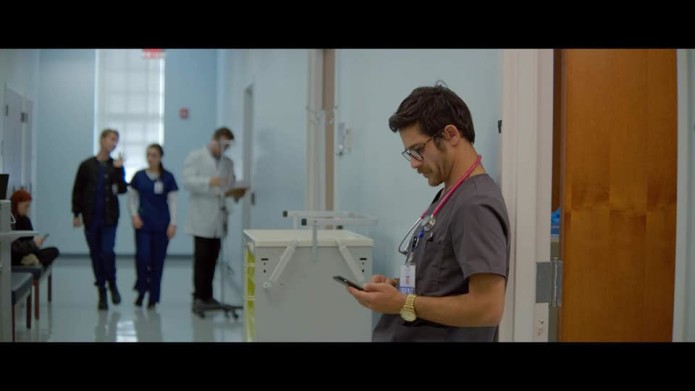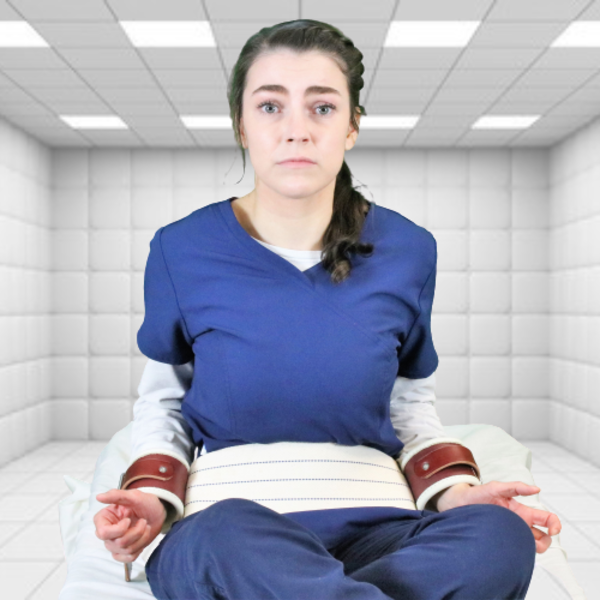
A new nurse navigates life, love, and politics on the job… in a locked, inpatient psychiatric unit.
What’s the Story?
In this” dramedy” series, set in the fictional Cape Fear Regional Hospital Behavioral Health Unit, new nurse Ally Russell makes her way through the dramatic, political, tragically and hilariously red-taped world of psychiatric nursing… making new friends, foes, and plenty of mistakes along the way.
My name is Paula Baisden, and I’m a screenwriter and a mental health nurse. I have dedicated my career to fighting the stigma associated with mental illness and advocating for adequate mental health care but, changing the world starts with educating it. In order to hold the attention of the masses long enough to educate them, however, you often need to entertain them. Decades of experience and years of writing have gone into this project, which promises to entertain, educate, and advocate.
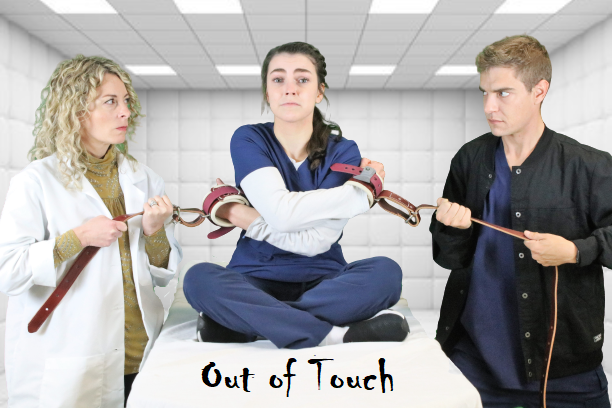
The Impact
Mental illness is not funny, and the lack of adequate care for it is not a joke. Humor, however, is one way to cope with difficult emotions and situations. Humor and drama bring the audience, so that the message can be spread far and wide.
This is a story about the real lives of mental health patients, and the people who take care of them. Parts of our story are comical but, unlike other media attempts to portray mental illness, our story does not perpetuate dangerous stereotypes, and it does not put providers of care on a pedestal. It does tell the truth, even when it’s not pretty… even when it’s tragic… and even when it is, in fact, a little funny.
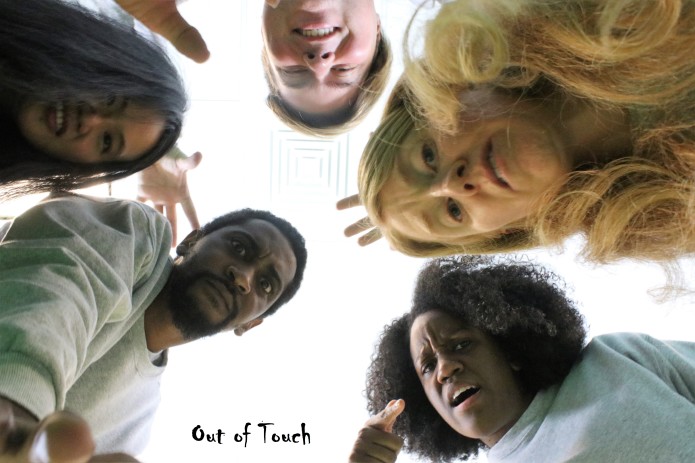
Challenges
Change is hard. The bigger the change… the harder you have to push…
Our talented and experienced team of cast and crew are willing to do whatever it takes to help decrease ignorance and fight the stigma related to mental illness. We believe that approaching education and advocacy through entertainment can change the world, but we know it will not be easy.
The team is dedicated to the cause, but who can afford to give up their time for free? So, our biggest challenge, of course, will be funding… in order to fairly compensate everyone for their time and effort.
In addition to crowd-funding through this campaign, we are applying for multiple grants for film, education, and mental health advocacy. We have professional grant writers on our team, which gives us an edge on our applications, but it doesn’t make more money available in the grant arena. (There isn’t much.)
What We Need
When you want to create something BIG, in order to accomplish something even BIGGER, you need a lot of support. Our goal is to provide entertainment that will bring a large audience to the important messages in our story.
10 episodes have been written and edited to create one season of “Out of Touch” that can stand alone as a limited series, but that also have enough storyline potential to continue on for multiple seasons.
The team behind this important mission has self-funded (and volunteered their time for) the pilot episode to prove the value of the production we are asking you to invest in, but that is not realistic for future episodes.
To produce at the highest quality (which our viewers and the people who our stories represent deserve), it will cost us approximately $74,000 per episode minimum. We are currently raising funds for episode #2, including necessary taxes, fees, etc… with this campaign, but any funding over the $74,000 mark will be used for episode 3, etc..
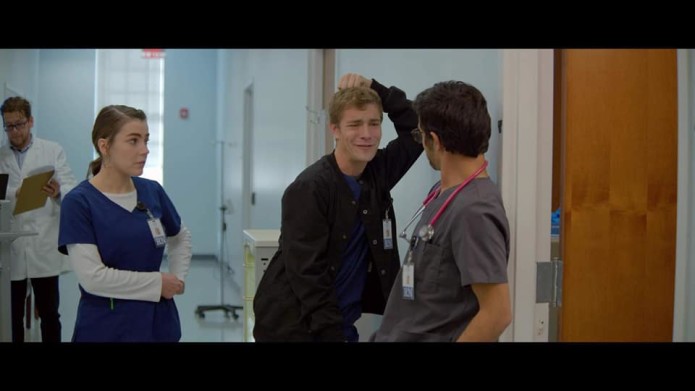
It is essential to our goals of education and advocacy to create the highest quality production that we can. If we do not raise enough funds with this campaign to film episode #2, then likely many of us will continue to volunteer our time and we will continue other funding efforts to film this and subsequent episodes. Any funding in excess of our goal will go directly to funding episode #3 and so on.
It is important to note that creating each high quality episode includes 2-7 working days each person (varies) for 21 cast and 39 crew, minimally.That’s 60 people each working 10 to 40 hours in a 2-7 day timeframe, depending on their position. For most people it is a full work week to produce one great episode. The average pay at $74K an episode is $15 an hour after fees and other/non-labor costs, and taxes.
For comparison, many shows in their first season cost about $150,000 per episode and about $300,000-$500,000 per episode (average) in the second season and on. This is so that enough crew and cast can be involved, and so that they can be paid what they deserve for the work they are doing. This is not including those shows with big name actors in them where each episode is funded by millions of dollars.
Per episode, at our minimum $74,000, funds will be distributed approximately as follows
- $14,000 taxes
- $5,000 space use
- $30,000- crew pay and equipment maintenance
- $11,000- cast pay
- $1,000- security
- $1,000 – medical (including COVID related…)
- $3,000- catering and craft services
- $8,000- post production editing and marketing
- $1000- administrative
This is at a funding rate of $74,000 per episode so that the generous and amazing people working on this project (many of whom, remember, volunteered for the pilot!) can be paid a decent wage… and it is still not what they really deserve for what they are doing!
Perks – What You Get
In addition to helping to spread education about, and teaching advocacy for, mental health… your contribution to this project can earn you some great perks!
Other Ways You Can Help
Some people don’t have money to donate, but that doesn’t mean they can’t help with this project that promises to entertain, educate, and advocate for mental health. Here are some other ways you can help…
- Contact the show’s executive producer and offer to design and run an official group fundraiser (you can contact the EP via the “ask a question” feature here on Indiegogo!)
- Share this page with everyone you know, just in case they’ve got spare change hanging around to help out (Indiegogo has easy to use sharing tools!)
- Like, follow, and share our official page(s) on social media to increase our reach
- Spread the message(s) of empathy, acceptance, and adequate care and fight ignorance and stigma related to mental illness


